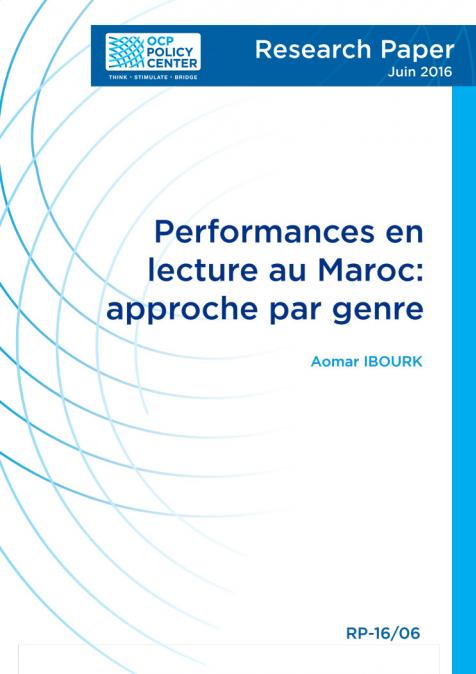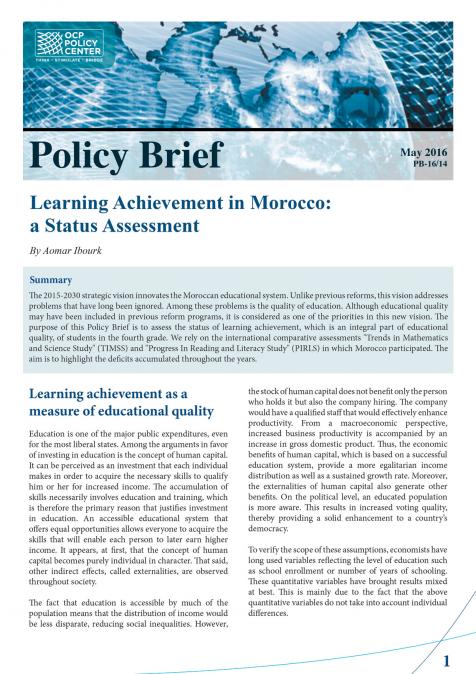Publications /
Policy Brief
This Policy brief was originally published on erf.org.eg
Like many emerging and developing economies, Morocco has experienced a significant increase in public debt since the COVID-19 pandemic. Central government debt reached 69.6 percent of GDP in 2022, up from 60.3 percent in 2019, and overall public debt increased to 82.5 percent of GDP in 2022, well above the presumed critical threshold of 60 percent. Therefore, it becomes crucial to conduct a comprehensive debt sustainability analysis (DSA) that extends beyond a simplistic rule-of-thumb assessment to consider several factors, such as the level and structure of debt, the GDP growth rate, the primary fiscal balance, the real interest rate, and the exchange rate.
In the realm of debt management, the conventional approach of bringing debt to sustainable levels has been shown to be insufficient or rather counterproductive. The “trivial solutions” of manipulating financial records, either by expanding revenues or rationalizing expenditures without careful consideration or scrutiny, often produce adverse consequences, thereby undermining economic growth. Ultimately, the paramount concern lies in fostering growth and ensuring that the economic structure generates the necessary resources to repay debts and bolster overall economic well-being. This policy brief delves into these dimensions and draws from the Moroccan experience of surmounting debt burdens and steering the economy toward a path of fiscal stability and prosperity. This policy brief proposes recommendations to address the challenges of public debt sustainability in Morocco. It also draws from the results of an analysis of the debt and its sensitivity through scenarios and simulations. 1 The policy brief is divided into three sections. The first examines the main trends in the Moroccan economy over the past two decades, the second presents a summary of the simulation model results, and the third proposes policy recommendations to address Morocco’s debt sustainability challenges.
This policy brief is an output of the project on “Stabilization and Adjustment in MENA”. The project has been managed under the auspices of the Economic Research Forum and Finance for Development Lab (FDL). ERF acknowledges the financial support of the International Development Research Centre (IDRC) for this project.












